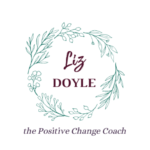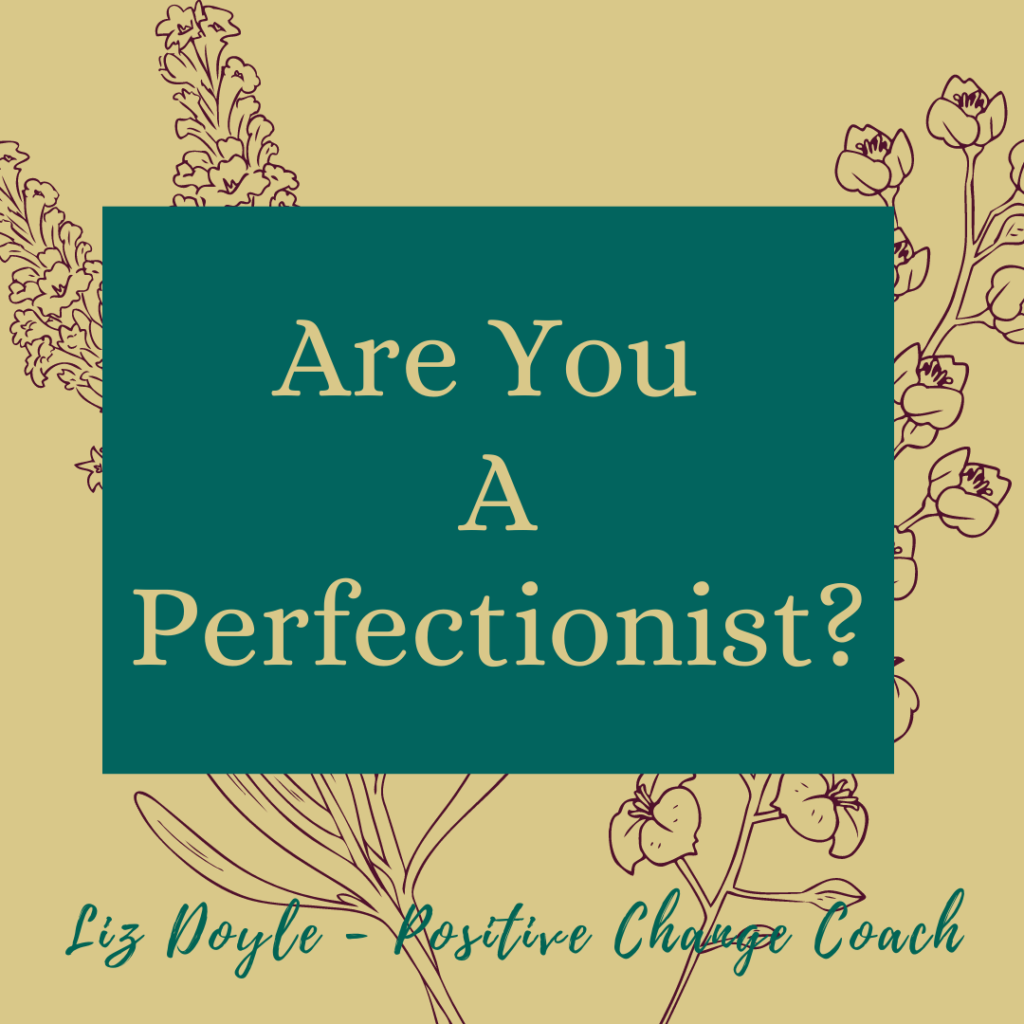Answer these questions to find out…
- Do you worry about what people think of you?
- Do you beat yourself up over the smallest thing that goes wrong?
- Do you have to be the best in everything you do, even if it’s something you don’t care that much about?
- Are you super critical and highly conscious of your own mistakes?
- When things don’t turn out as perfectly as you had wanted, do you think about the outcome obsessively and how you could have done it differently?
- Are you critical and highly conscious of other people’s mistakes?
- Do you spend a lot of your time getting something just right even at the detriment of your health and well-being?
- Do you set really high standards, seeing only black and white (no grey)?
- Are you really sensitive and defensive towards criticism?
- Do you get so obsessed about reaching your goal that you seldom, if ever, enjoy the journey?
If you said “yes” to ANY of the above questions, you’re a bit of a perfectionist. The more “yeses”, the more you succumb to perfectionism
Perfectionism is another pattern coming from a place of not feeling good enough. To heal the part of you that feels you’re not enough is to be aware of when you’re falling into the perfectionist story and then to consciously choose to take baby steps to get ahead. Good enough is ALWAYS great.
Being self-compassionate for our vulnerabilities is the best way to overcome perfectionism. When we become more loving and compassionate with ourselves, we can embrace our imperfections – yes really! Because, after all, we are imperfectly perfect human beings.
I love what Brené Brown has to say on the subject:
Perfectionism is a self-destructive and addictive belief system that fuels the thought: “If I look perfect, live perfectly, and do everything perfectly, I can avoid or minimize the painful feelings of shame, judgment, and blame.” We want to be perceived as perfect but that can never happen because there’s no way to control other people’s perception of you, regardless of how much time and energy you spend trying.”
Brené also says,
“It’s in the process of embracing our imperfections that we find our truest gifts and create our most meaningful connections. It’s only when you are able to say, ‘I’m struggling with this,’ or ‘I think I screwed up or made a mistake,’ or ‘I need your help,’ that you can deeply connect with others soul to soul.”
This a great short clip to check out
Which areas of your life might you be a perfectionist? How does it feel to treat yourself more gently and with compassion? Realising that you are good enough and you’re always doing the best you can is such an important step in loving yourself more.
If you’d like to find out more about how you can work with me, have a look at this page.

